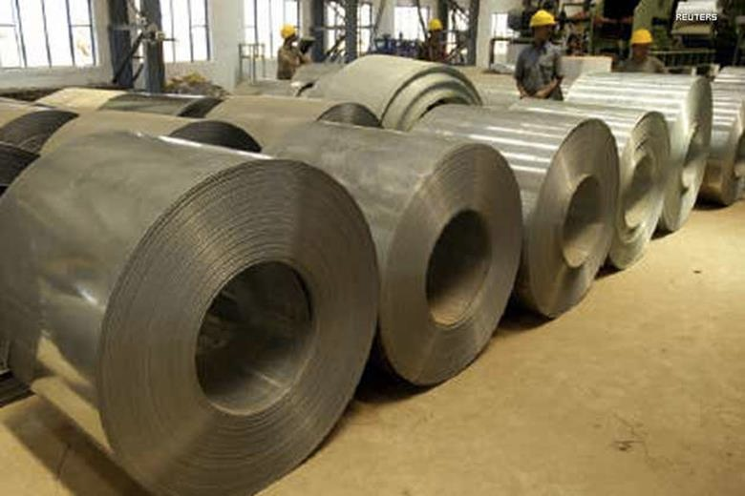
In 1990, Dr. Rakesh Mohan, economic adviser to the Ministry of Industry, and Vandana Aggarwal, an economic service officer, wrote a seminal paper, “Commands and Controls: Planning for Indian Industrial Development, 1951–1990.” This research, which was later published in the Journal of Comparative Economics, provided a comprehensive examination of India’s economic trajectory under the planning model.
The authors were the first to comprehensively document the industrial-licenses landscape. Mohan and Aggarwal highlighted myriad issues that stemmed from the command-and-control strategy, including the inefficiencies it bred, the stifling of competition and innovation, and the creation of a bureaucratic labyrinth that often led to corruption and rent-seeking.
The authors illustrated how central planning had left India with a relatively underdeveloped industrial base by the late 1980s. They also underscored the paradox of the system: that a policy framework aimed at reducing India’s dependence on foreign trade and ensuring economic sovereignty had resulted in an economy that was inefficient, inflexible, and uncompetitive on the global stage. The authors advocated a balanced approach, one that would judiciously leverage both the strengths of the market and the guiding hand of the state.
The research laid the foundation for the New Industrial Policy. This policy framework was formulated during Prime Minister V. P. Singh’s tenure in 1990, but it was only approved and implemented under Prime Minister P. V. Rao’s government in 1991.

